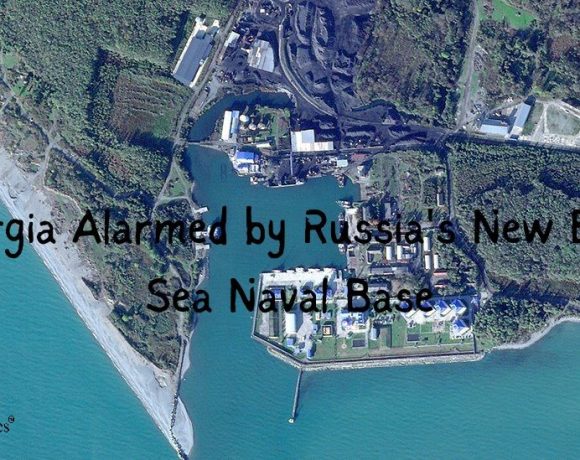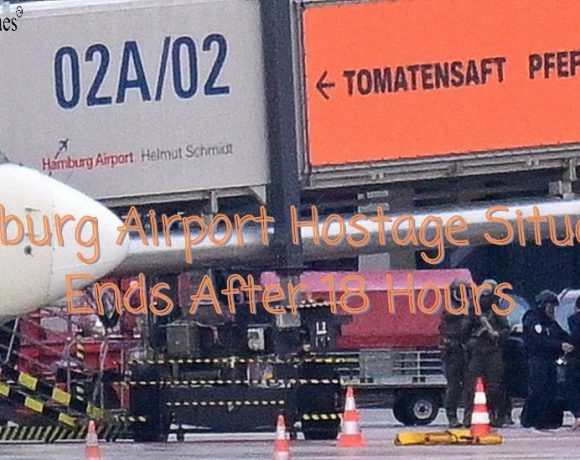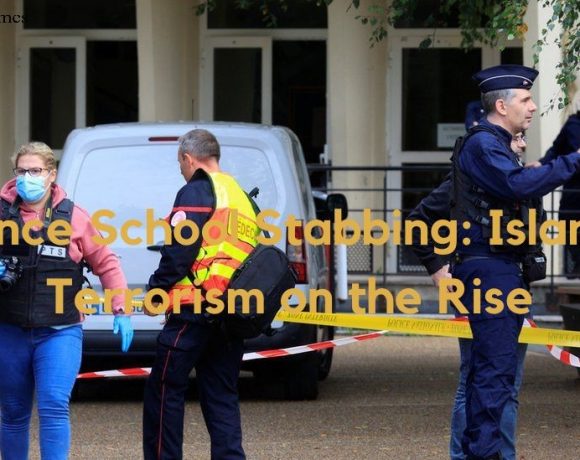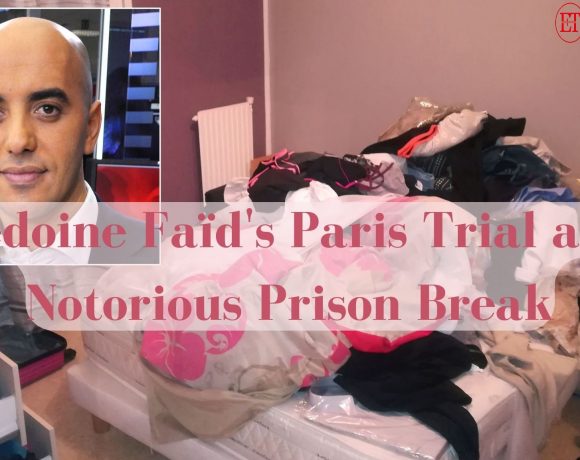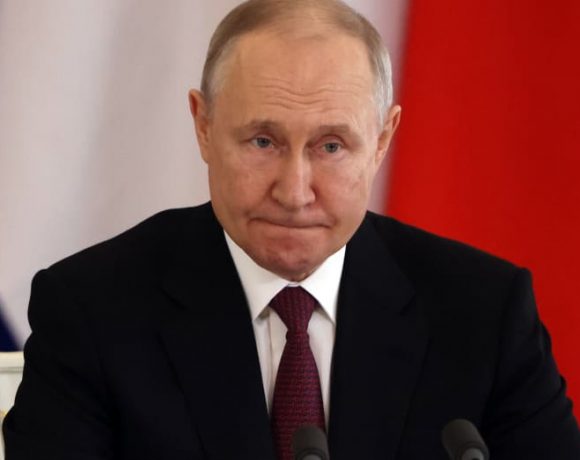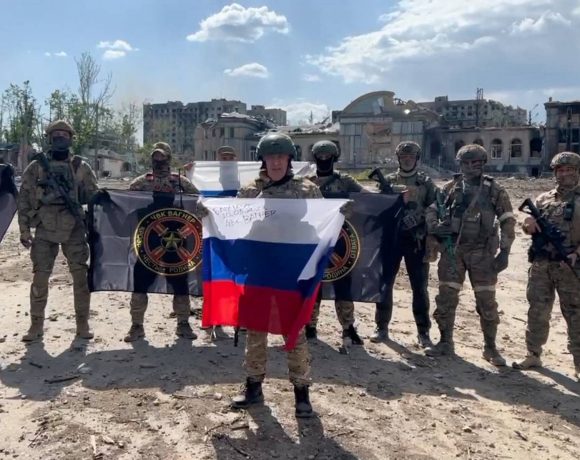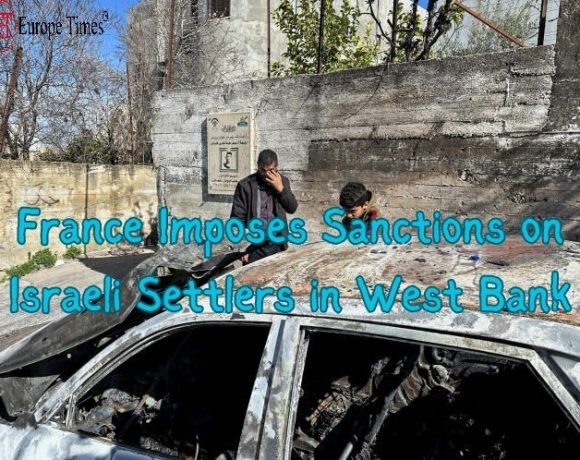
France has taken decisive action by announcing the ban of 28 Israeli settlers who stand accused of perpetrating attacks against Palestinian civilians in the occupied West Bank. This move aligns with similar measures enacted by other nations, including the United States and the United Kingdom, which have also imposed restrictions on individuals involved in comparable activities. The French government’s decision comes amidst escalating violence against Palestinians in the West Bank, prompting a firm condemnation of such actions.
In a statement issued by the French foreign ministry, the country emphasized the gravity of the situation, denouncing the unacceptable violence perpetrated against Palestinian civilians. France, along with Poland and Germany, collectively announced sanctions against Israelis implicated in attacks within the West Bank. This concerted effort underscores the international community’s recognition of the need to address the escalating tensions and safeguard the rights of Palestinians in the region.
The French government reiterated its stance on the illegality of colonization under international law, emphasizing the imperative to halt such activities. It emphasized the necessity of ending colonization to pave the way for the establishment of a viable Palestinian state, thereby enabling Israelis and Palestinians to coexist peacefully and securely. France also expressed its intention to pursue sanctions at the European level, highlighting the importance of a coordinated approach among European Union member states in addressing the ongoing conflict.
While the individuals affected by these measures have not been publicly named, the broader context underscores the gravity of the situation. The imposition of sanctions by France and other nations reflects a concerted effort to address the escalating violence and promote stability in the region. As the international community continues to grapple with the complexities of the Israeli-Palestinian conflict, such actions serve as a testament to the importance of upholding human rights and seeking avenues for peaceful resolution.
Picture Courtesy: Google/images are subject to copyright

